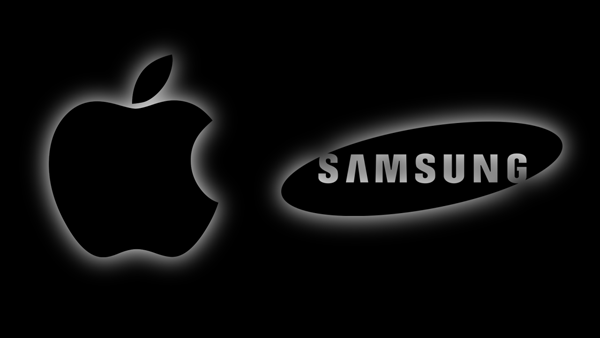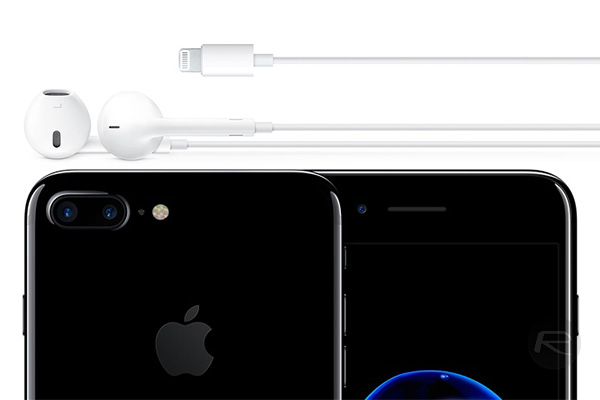Apple may have had a lot of shade and distain thrown its way from consumers and analysts alike with the announcement that the 3.5mm headphone jack has been removed from iPhone 7 and iPhone 7 Plus, but it’s looking likely that it won’t be the last smartphone manufacturer to walk that path.
South Korea-based Samsung may have a lot on its plate at the moment dealing with the fallout from the exploding Galaxy Note 7 saga, but it looks as though the company is also considering going head-to-head with Apple in the headphone stakes by removing the 3.5mm port from its own devices going forward.

When questioned, Apple is able to give a number of extremely valid reasons why the headphone jack has been removed from the iPhone 7, and presumably from all future iPhone and iPad hardware that the company releases.
However, Phil Schiller announced on stage during the company’s September 7 event that it really comes to having the “courage” to believe something is right in the long-term, and actually following that process through, regardless of short-term consumer reaction. That decision ultimately means that consumers will be forced to tether headphones to the new device(s) using an adapter (included in the box), opt to use a set of Lightning-enabled headphones (also included in the box), or of course, there is the option of going entirely wireless, either with Apple’s own AirPods, or something similar.
It now looks as though Samsung could be looking to follow the path that Apple has laid out by removing the iconic headphone jack from its own devices in favour of yet another proprietary port. If that happens, then Samsung would own and control licensing to that port, and therefore require headphone manufacturers to actually pay royalties to the company if they wanted to produce hardware that would support the new Samsung input standard. If they wanted to play hard ball, then it would also be entirely possible for the competitive company to undercut Apple’s own fees, convincing manufacturers to concentrate on headphone hardware offering Samsung device compatibility.

It’s fairly obvious that Apple has opened a can of worms here that will more than likely result in more and more manufacturers following suit. It’s difficult to see the direct benefit for the end consumer if we do end up in a war of replacement input types, but it could potentially mean that more quality wireless hardware built on the Bluetooth standard is offered to negate the issue.
You may also like to check out:
- Disable iOS 10 Press Home To Unlock / Open On Lock Screen, Here’s How
- Best iPhone 7 Bluetooth Wireless Headphones For Under $50
- iPhone 7 Tip: Charge & Use Headphones At The Same Time, Here’s How
- 5 Ways To Use Headphones With iPhone 7 And iPhone 7 Plus
- Lightning Vs 3.5mm Headphone Jack: 5 Reasons Why Apple Made The Right Decision With iPhone 7
You can follow us on Twitter, add us to your circle on Google+ or like our Facebook page to keep yourself updated on all the latest from Microsoft, Google, Apple and the Web.

